

|
Four countries propose Arctic fuel measure to cut black carbon from shipping
Proposal to IMO's PPR 13 meeting aims to establish fuel regulations under MARPOL Annex VI. |
|
|
|
||
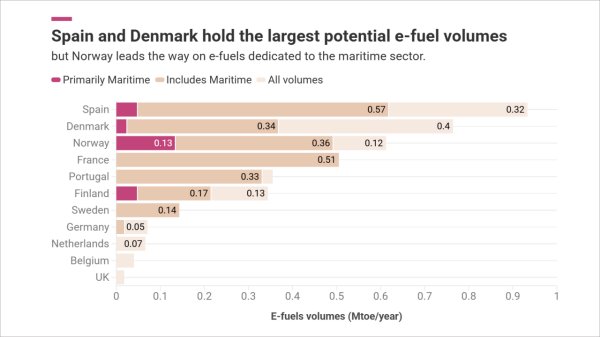
|
Spain, Norway and Denmark lead Europe's green shipping fuel production, study finds
Regulatory uncertainty prevents most e-fuel projects from progressing beyond the planning stage, says analysis. |
|
|
|
||

|
Dan-Bunkering appoints Charles Simon Edwin as operations and compliance manager in Singapore
Edwin transitions from sourcing role, bringing experience from physical supply operations and bunker trading. |
|
|
|
||
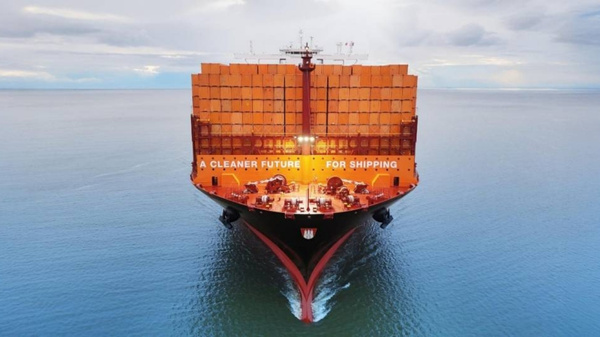
|
Hapag-Lloyd wins ZEMBA's second tender for e-methanol deployment
Container line to deploy e-methanol on trans-oceanic route from 2027, abating 120,000 tonnes CO₂e. |
|
|
|
||

|
RINA grants approval for Chinese nuclear-powered Arctic icebreaker design
CSSC's multi-role vessel combines cargo transport and polar tourism with molten salt reactor propulsion. |
|
|
|
||
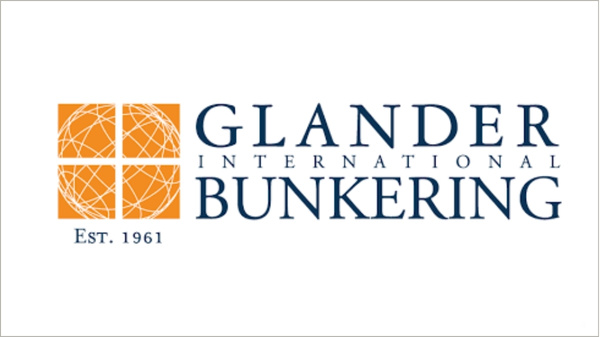
|
Glander International Bunkering seeks two bunker traders for Singapore office
Firm recruiting traders with 3-5 years of experience to join team in key Asian hub. |
|
|
|
||

|
Malik Supply seeks bunker trader for Fredericia office
Danish company advertises role focusing on client portfolio development and energy product trading. |
|
|
|
||

|
Chimbusco Pan Nation seeks credit analysts for Asia-Pacific and Middle East expansion
Bunker firm recruiting for Hong Kong, Singapore, and Shanghai offices with APAC and MENA focus. |
|
|
|
||
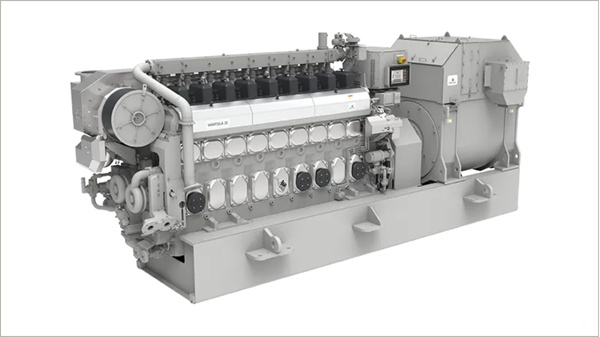
|
Wärtsilä to supply biodiesel-capable engines for AMAGGI's two new Amazon pusher tugs
Brazilian operator orders fuel-flexible engines for vessels designed to push 20 barges on inland waterways. |
|
|
|
||
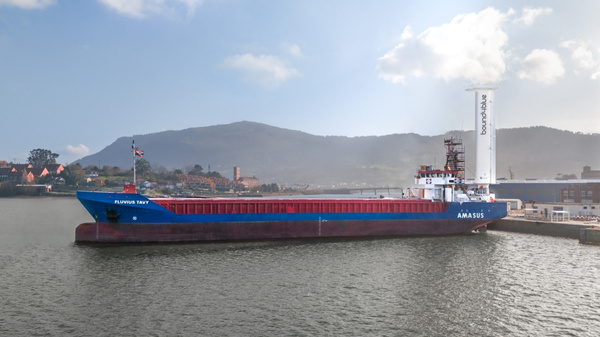
|
Amasus installs second bound4blue wind sail on general cargo vessel
Dutch shipowner installs what is said to be the largest suction sail ever fitted to a general cargo vessel. |
|
|
|
||
| Denmark to investigate five shipping firms over fuel sulphur violations [News & Insights] |
| Singapore firm alleges contaminated fuel, seeks $602,000 [News & Insights] |
| Marine fuel quality improving, says IBIA chairman [News & Insights] |
| IBIA 'completely serious' about improving bunker quality [News & Insights] |
| IBIA calls for greater take-up of ISO 2010 specs for bunkers [News & Insights] |